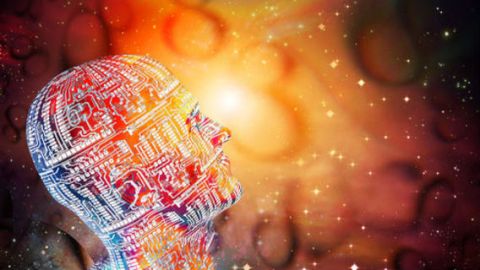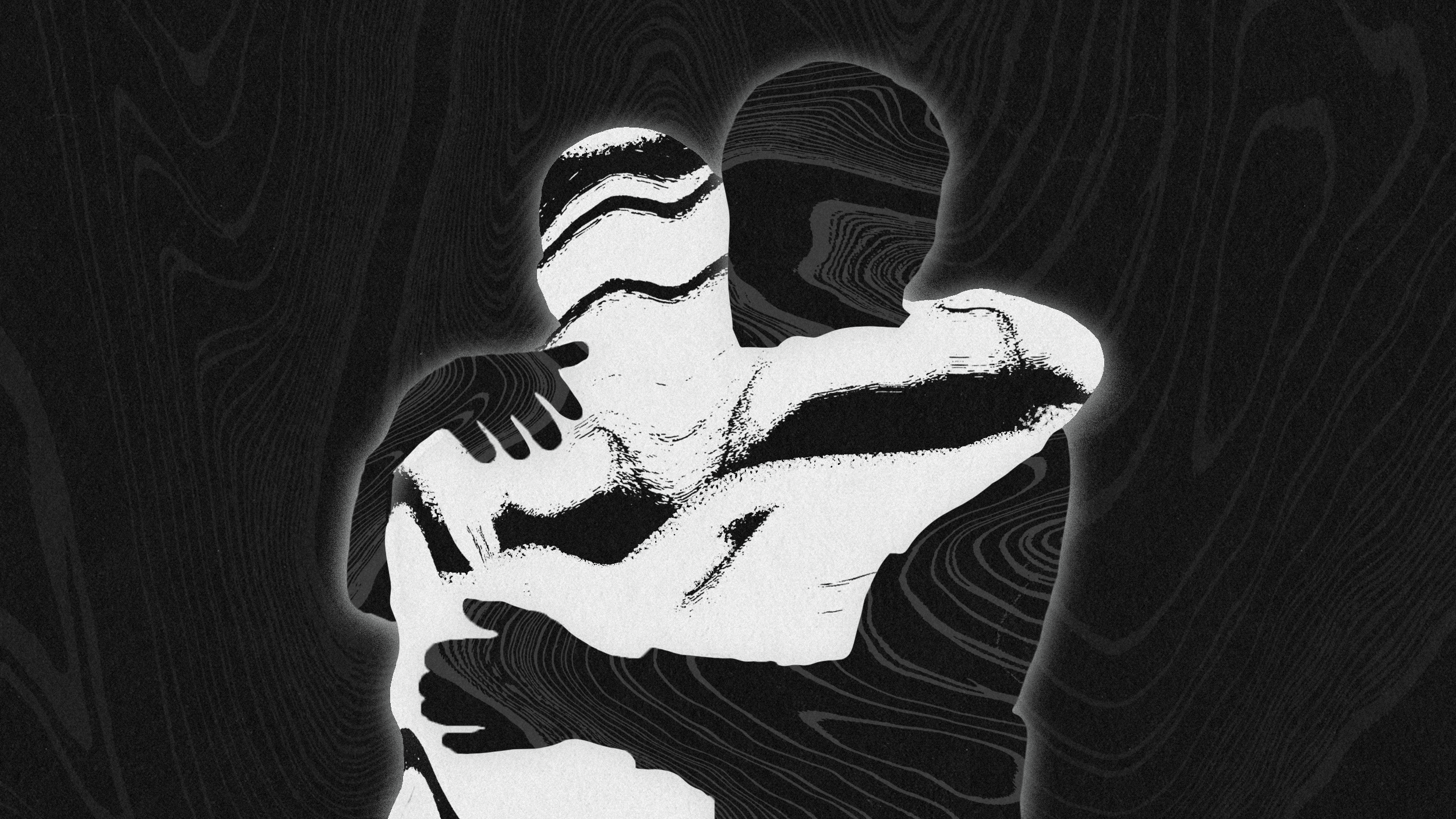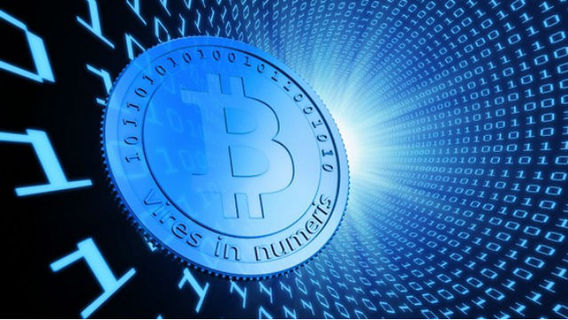The Origin of Intelligence

Michio Kaku: In the entire universe the two greatest scientific mysteries are first of all the origin of the universe itself. And second of all the origin of intelligence. Believe it or not, sitting on our shoulders is the most complex object that Mother Nature has created in the known universe. You have to go at least 24 trillion miles to the nearest star to find a planet that may have life and may have intelligence. And yet our brain only consumes about 20-30 watts of power and yet it performs calculations better than any large supercomputer. So it’s a mystery. How is the brain wired up? And if we can figure that out what can we do with it to enhance our mental capabilities.
When you look at the brain and all the parts of the brain they don’t seem to make any sense at all. The visual part of the brain is way in the back, for example. Why is the brain constructed the way it is? Is this nothing but an accident of evolution? Well one way to look at it is through evolution. That is, the back of the brain is a so-called reptilian brain. The most ancient primitive part of the brain that governs balance, territoriality, mating. And so the very back of the brain is also the kind of brain that you find in reptiles. Now when I was a child I would go to the science museum and look at the snakes sometimes and they would stare back at me. And I would wonder, “What are they thinking about?” Well, I think now I know. What they’re thinking about was, “Is this person lunch?”
Then we have the center part of the brain going forward and that’s a so-called monkey brain, the mammalian brain. The brain of emotions. The brain of social hierarchies. And then finally the front of the brain is the human brain, especially the prefrontal cortex. This is where rational thinking is. And when you ask yourself a question where am I anyway. The answer is right behind your forehead. That’s where you really are.
Well, I have a theory of consciousness which tries to wrap it all up together. There’ve been about 20,000 or so papers written about consciousness and no consensus. Never in the history of science have so many people devoted so much time to produce so little. Well, I’m a physicist and when we physicists look at a mysterious object the first thing we try to do is to create a model. A model of this object in space. And then we hit the play button and run it forward in time. This is how Newton was able to come up with the theory of gravity. This is how Einstein came up with relativity. So I tried to use this in terms of the human brain and evolution. So what I’m saying is I have a new theory of consciousness based on evolution. And that is consciousness is the number of feedback loops required to create a model of your position in space with relationship to other organisms and finally in relationship to time.
So think of the consciousness of a thermostat. I believe that even a lowly thermostat has one unit of consciousness. That is, it senses the temperature around it. And then we have a flower. A flower has maybe, maybe ten units of consciousness. It has to understand the temperature, the weather, humidity, where gravity is pointing. And then finally we go to the reptilian brain which I call level 1 consciousness and reptiles basically have a very good understanding of their position in space, especially because they have to lunge out and grab prey. Then we have level 2 consciousness, the monkey consciousness. The consciousness of emotions, social hierarchies, where are we in relationship to the tribe. And then where are we as humans.
As humans we are at level 3. We run simulations into the future. Animals apparently don’t do this. They don’t plan to hibernate. They don’t plan the next day’s agenda. They have no conception of tomorrow to the best of our ability. But that’s what our brain does. Our brain is a prediction machine. And so when we look at the evolution from the reptilian brain to the mammalian brain to the prefrontal cortex, we realize that is the process of understanding our position in space with respect to others – that is emotions – and finally running simulations into the future.





